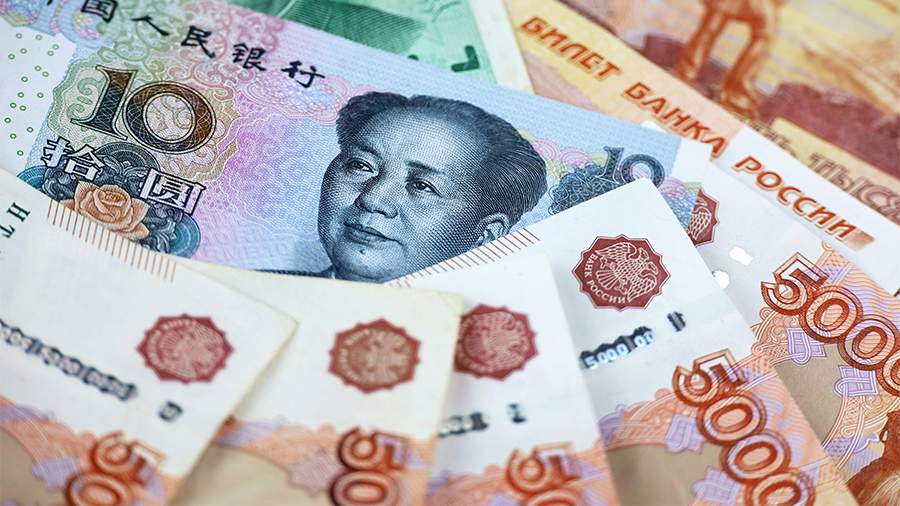
Putin says its the end of end of Western financial dominance
By Rhod Mackenzie
In the upcoming years, the financial world is poised for a genuine revolution that will ultimately erode the monopoly of the major Western banks. This announcement was attributed to Russian President Vladimir Putin with regards to analysts familiar with this subject. The primary role in this undertaking, as indicated by the analysts will fall upon a new financial force - the BRICS nations. But how will they achieve this revolution?
The Western financial system is fast becoming outdated with respect to new technologies and is quickly becoming antiquated.
"Analysts predict a revolutionary shift that will shatter the monopoly of major Western banks," stated Vladimir Putin during the VTB "Russia Calling!" conference.
Putin emphasised that certain Western counterparts sought to inflict harm on Russian citizens by prohibiting Russian access to SWIFT payment systema, intending to cause hardships for millions of families. "Citizens and businesses were unaware of the smooth transition to the national payment system, which is currently running and thriving," stressed the Russian leader.
Consequently, Russia ceased paying commissions to Western firms, who received less than they could have earned in the Federation, but the ill-wishers' objectives were not accomplished. "We are fortifying our sovereignty in this area, and doing so confidently," explained Putin.
In anticipation of possible disconnection from SWIFT, Mastercard and Visa, Russia took measures to establish its own financial infrastructure. This began in 2014 with the creation of the National Payment Card System, which is responsible for processing bank card transactions within Russia. It was followed by the National Payment System "Mir", which has been in active operation since 2015. Next, the Bank of Russia launched the Financial Message Transmission System (SPFS) as an equivalent to the Western SWIFT.
Consequently, the stringent financial sanctions imposed by the West and disconnection from SWIFT did not result in a catastrophic outcome. Currently, the number of Mir card holders is increasing by approximately five to six million people each month. "At the start of December, approximately 240 million individuals owned these cards," states Yuri Yudenkov, a professor at the Department of Finance, Money Circulation and Credit at the RANEPA Federal Stock Fund. Additionally, the card is functional not just in Russia but also in Abkhazia, South Ossetia, Armenia, Belarus, Kyrgyzstan, Vietnam, Venezuela, and various retail stores in Turkey and several Central Asian nations.
"The West's efforts to suppress Russia's financial sector through sanctions did not succeed; instead, it encouraged it to develop actively. In Russia, there is a genuine trend towards the adoption of financial technologies.
With their help, not only is the process of executing routine financial and banking transactions evolving, but the financial market itself is also changing." DeFi (decentralised finance) is becoming increasingly prevalent, enabling financial transactions to occur without the need for involvement from banks or other financial institutions. However, this has met with opposition from regulators in numerous Western countries as it falls outside of their jurisdiction and is not subject to their or their affiliated banks' control. As noted by Maxim Markov, Associate Professor at the Department of Global Financial Markets and Fintech at the Russian Economic University. Plekhanov notes that, in Russia, banking applications allow for the completion of almost all financial transactions via smartphones or computers, an achievement yet unmatched on a comparable scale by any other country. Furthermore, since August 2023, the digital ruble has been undergoing tests in Russia and is designed to use blockchain technology for its circulation.
The dominance of significant Western banks stems from the reality that the majority of payments in international trade between nations are conducted in American dollars via the SWIFT international money transfer system.
US correspondent banks earn commission income from such transactions, but this infrastructure is increasingly outdated as more countries shift to mutual settlements in national currencies with alternative money transfer systems," according to Vladimir Chernov, an analyst at Freedom Finance Global.
"Blockchain technologies have introduced modern payment systems. Being decentralized, their assets cannot be blocked or frozen, and regulatory authorities can only restrict the operation of crypto exchanges within their region. However, blockchain transfers themselves cannot be limited," as noted by Chernov. Thus, Western countries, despite their bans, have endorsed the advancement of blockchain transfers, which effectively dismantles their monopoly and renders their financial sanctions invalid.
"A revolution in the global financial system is feasible, particularly when discussed at such high levels and with every effort made to achieve it. However, I doubt this will happen quickly, as most joint settlements in foreign trade relationships worldwide are still conducted in American dollars via the SWIFT system. A complete transition from the previous model could take an extensive amount of time," believes Chernov.
What must be done to expedite the revolution and wholly eradicate the Western financial system's monopoly?
Initially, Russian banks are linking up to the international money transfer system of China, albeit with some limitations - only Chinese yuan transfers are feasible. While this arrangement is beneficial for trade with China, and it hits a record high in trade turnover, it is not Russia's solitary trade partner.
"The establishment of a unified currency for the BRICS nations, supported by their respective gold reserves, could spark a revolution," according to members of the organization.
Other tangible assets such as minerals, hydrocarbons, metals, and raw materials could also be utilized. This foundation may pave the way for a new collaborative cross-border financial payment system." It is challenging to determine the exact pace of this process, but it is probable that it will speed up in line with the expansion of the BRICS organization," concludes Chernov.
